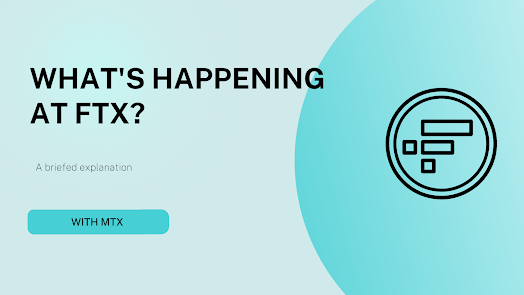Every day, new DAOs start up. A DAO could be the way to go if you want to use NFTs to grow your investments or give money to a good cause. This guide takes the mystery out of DAOs by explaining how they work, how they use blockchain technology, and how they are better than other types of organisations.
What Is a DAO?
A DAO is an organisation that is run by its community members and is controlled by blockchain. It doesn't have a CEO or a board of directors who run it. The foundational rules of the collective are set by smart contracts, and each member has an equal vote on changes or additions.
Members can come up with ideas to improve the DAO's protocol at any time, and then everyone in the community gets to vote on them. Based on the rules in the smart contract, proposals that get a certain number of votes will be accepted and put into action.
Members of the community have reasons to approve proposals that help the protocol. As long as a protocol is healthy and can be kept up for a long time, people with similar ideas will want to join the community. This, in turn, makes more people want to buy DAO tokens, which raises the value of the tokens that members own. Because of this, it is in the best interest of each member to make sure the protocol works so that they can also be successful.
Types of DAOs
A DAO is meant to bring together people who want the same things into a group that doesn't need a leader. Operations are run by the community and follow rules based on the blockchain. Decisions are made in the DAO by making proposals and voting on them. This makes all activities clear for all members to see.
Each DAO has its own tokens and decentralised way of running things. Users can now make DAOs with a wide range of goals because blockchain technology is getting better. Here are some examples of DAOs and what they can be used for.
Philanthropy DAO
Philanthropy DAOs focus on promoting social responsibility projects and other charitable causes. Using cryptocurrency, they use several different ways to collect and distribute money.
Their goal is to make a difference by using fundraising methods that are sustainable and can be used all over the world. One example is UkraineDAO, which collects money for the soldiers of Ukraine. Another is Popcorn, which gives money to a number of charities chosen by POP holders.
What Is the Purpose of a DAO?
There are many reasons why users might want to make a new DAO. Usually, each DAO token holder has the same amount of voting power as the number of tokens they hold. This means that a person with 50 tokens has 50 times as much voting power as a person with only one token. People think that someone with a bigger financial stake in a DAO would be more motivated to make sure it does well. So, this practise is a safety measure to make sure that users who don't have as much money in the DAO can't act in bad faith and bring it down.
DAOs are important because they let people pool their money and support projects without relying on third parties. Instead, after a vote on a proposal, people trust that codes will automatically carry out a smart contract. This means that every transaction can be checked by any member on the blockchain, while a traditional organisation might not be as open.
Advantages of a DAO
Even though each DAO is built in a different way, they all have the same main benefits. The decentralised and independent structure makes it easy to run things smoothly and work together. Here are some more reasons why DAOs are better than traditional organisations.


.jpg)


.jpg)
